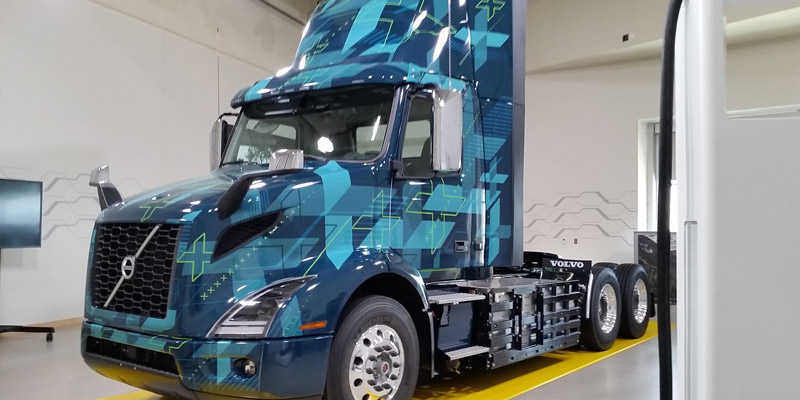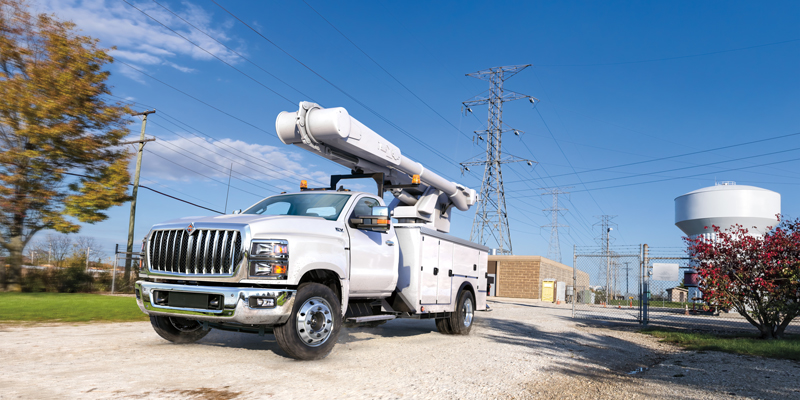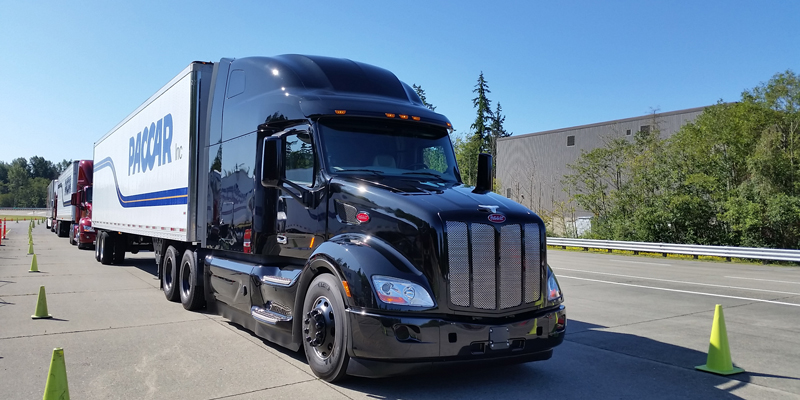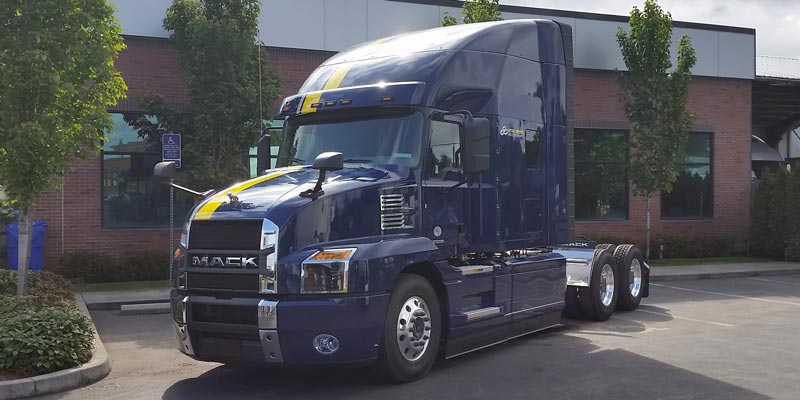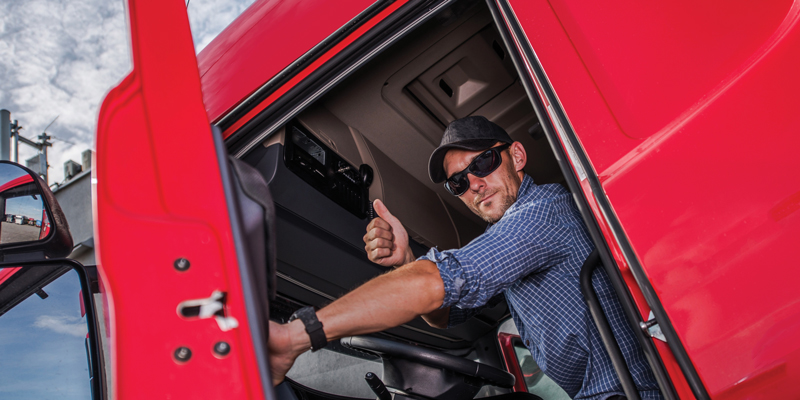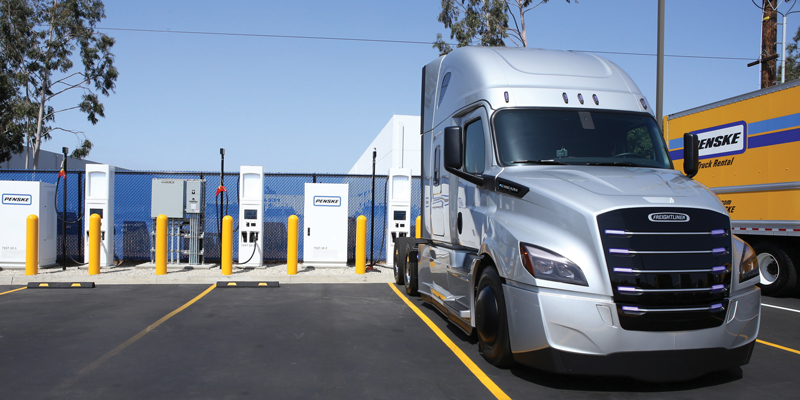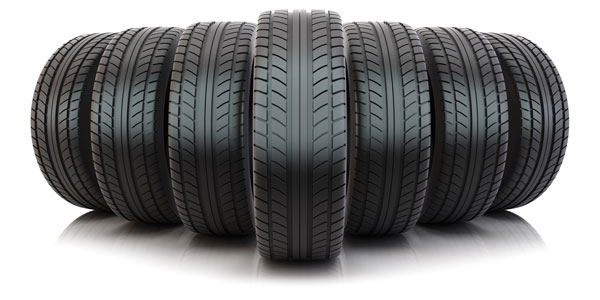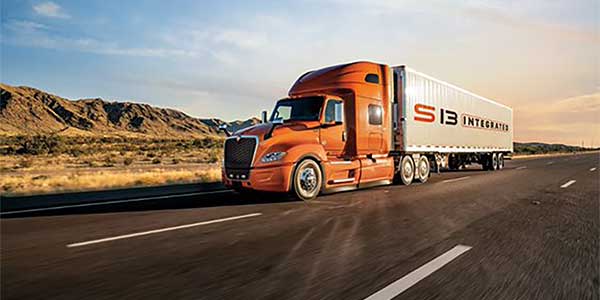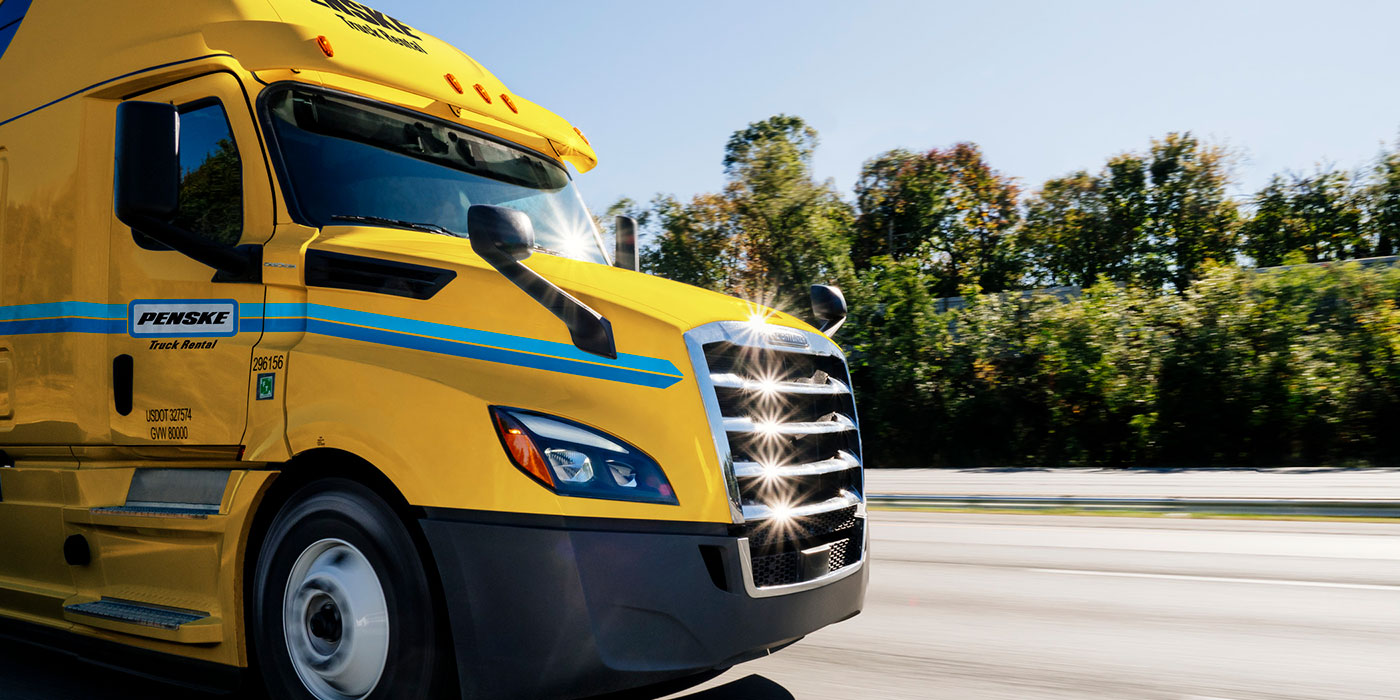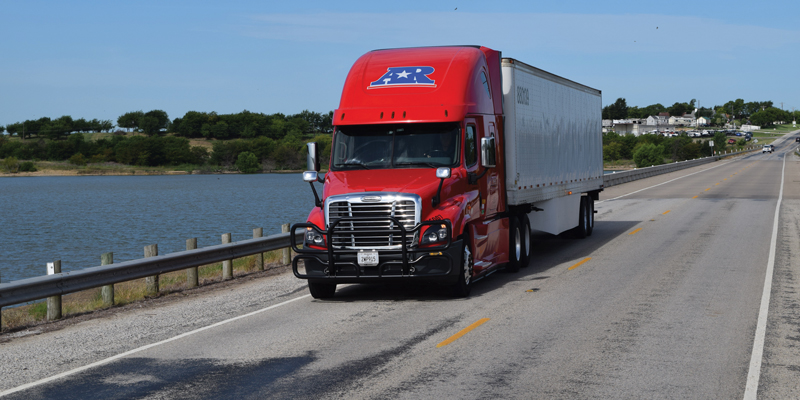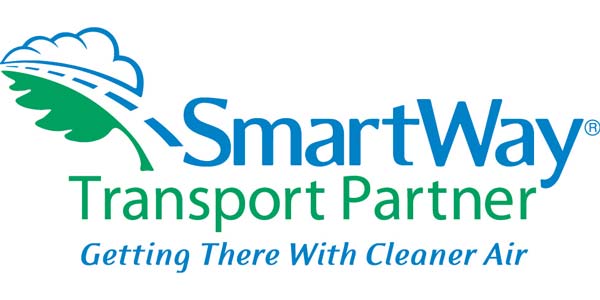To the credit of the trucking industry, the SmartWay Partnership continues to grow—at a faster rate, in fact, as each year goes on. Earlier this year the program enjoyed welcoming its 2,000th partner, and is now approaching the 3,000 mark. This is nearly double the number of members it had just a year ago.
Among its newest affiliate members is the Northeast Dairy Foods Association, based in Syracuse, N.Y. The group joined the Partnership to gather information it can use in workshops and seminars to help its members learn about and use new cost-effective technology and operating practices. Bruce Krupke, the organization’s executive vice president, says, “Our association represents dairy product processors, manufacturers and distributors. Our members in the distribution business operate truck fleets to carry fresh, perishable dairy products throughout the year. SmartWay provides these companies with information offering opportunities to improve their operation, to help them better understand ways to use newer technology, to improve fuel economy and to operate in a more environmentally friendly manner.”
Krupke’s association operates thousands of vehicles in the course of its businesses—from small delivery trucks to combination bulk haulers. Because of the products they carry, many of these vehicles are on the road seven days a week. As a result, when Krupke says, “We look for ways to help them improve their efficiencies,” it’s clear he has a great opportunity to help not only his members, but also the environment in which they operate. Let’s hope other trade associations join the SmartWay Partnership in an effort to help their members become more efficient.
A very important aspect of the SmartWay program is the ability of its members to share fuel saving practices through the Partnership. An excellent example of this is the activity of C.H. Robinson Worldwide, a SmartWay logistics partner, which quickly found its efforts to eliminate inefficiencies among its 50,000+ contracted motor carriers blended in perfectly with SmartWay’s goals.
“We recognized SmartWay’s value early on,” says Jim Butts, senior vice president of transportation for C.H. Robinson. “We share the same objectives—increase fuel efficiency and a reduced carbon impact. Just as important to C.H. Robinson is SmartWay’s emphasis on collaboration as a means of achieving those objectives. Rough-ly 75% of our truckload shipments are transported by motor carriers with fewer than 100 tractors.”
C.H. Robinson has initiated a dialogue with its contract carriers on how improved fuel efficiencies cut carbon emissions, increase competitiveness, lower costs and drive out operating inefficiencies. In reaching out to its carriers on the topic of environmental performance, it quickly became apparent that there was no lack of interest in reducing fuel use and emissions.
A major obstacle for many of the smaller carriers has been generating the financial resources needed to retrofit older trucks and equipment. To help the situation, C.H. Robinson reached out to another SmartWay affiliate, Cascade Sierra Solutions (CSS), a non-profit group committed to reducing fuel use and pollution from heavy-duty diesel engines by identifying, promoting and financing clean technologies for carriers.
Last year, C.H. Robinson launched a customer match program, through which it invites its customers to make donations to CSS that will be matched by C.H. Robinson for use by its contract fleets to purchase SmartWay verified fuel-saving equipment—idle reduction units, aerodynamic add-on equipment, low rolling resistance tires, particulate filters and other devices to control diesel emissions—as well as replacing dirty old trucks with cleaner new vehicles.
C.H. Robinson estimates that almost half of its contract carriers are now part of the Partnership, a number that has grown substantially in the time since it first joined SmartWay as a logistics partner. The company also plans on doubling the amount of freight carried by SmartWay carriers by next year.



